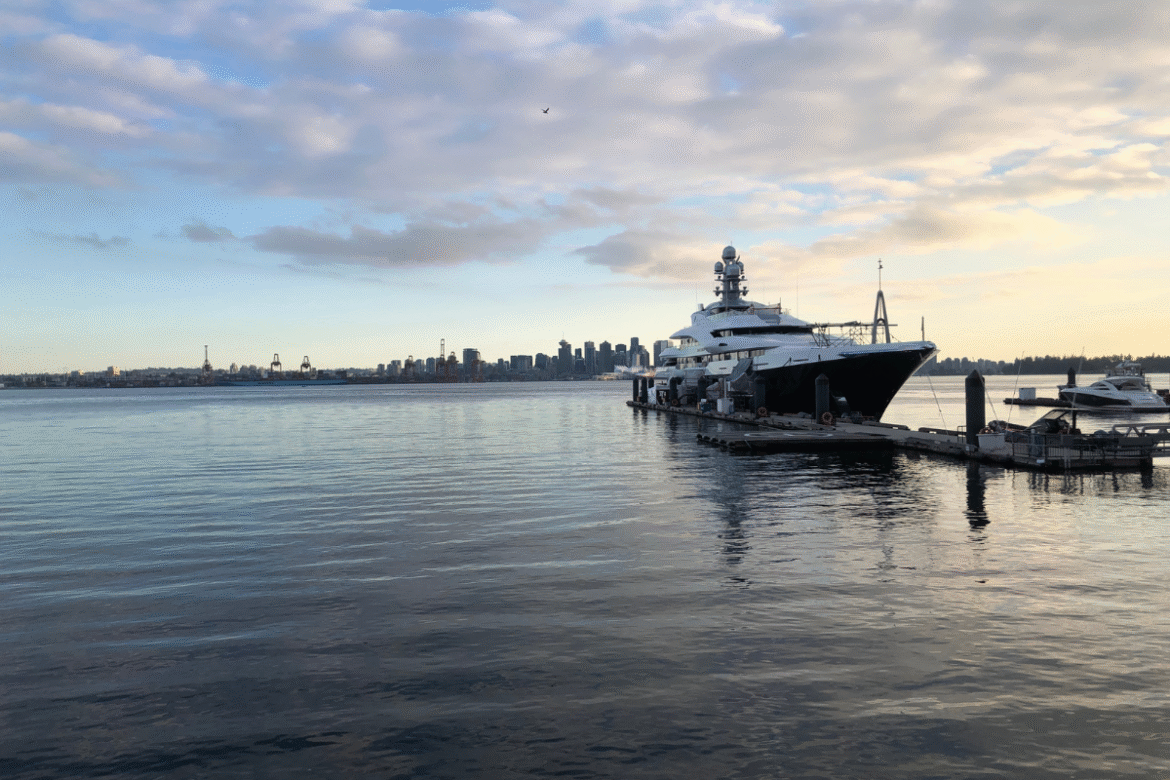In a landmark case that underscores Ireland’s commitment to combating international drug trafficking, Filipino seafarer Harold Estoesta was sentenced to 18 years in prison for his involvement in one of the largest cocaine smuggling operations in the country’s history. The operation, which took place aboard the Panamanian-flagged bulk carrier MV Matthew, resulted in the seizure of 2.2 tonnes of cocaine valued at over €157 million.
The case has garnered international attention, highlighting the complexities of global drug smuggling networks and the critical role of maritime professionals in such illicit activities. Estoesta’s conviction serves as a stark reminder of the severe legal consequences associated with participation in transnational drug trafficking operations.
Background of the MV Matthew Seizure
The Vessel and Its Journey
The MV Matthew, a 190-meter bulk carrier, embarked on its ill-fated journey from Curaçao, off the coast of Venezuela, in August 2023. Initially registered as MV Honmon, the vessel was purchased by a Dubai-based company, Symphony Marine, and reflagged under Panama. Its stated destination was Gdańsk, Poland; however, it was later revealed that the ship was involved in a sophisticated drug trafficking operation.
The Smuggling Operation
According to Irish authorities, the MV Matthew was loaded with 2.2 tonnes of cocaine while at sea off the coast of Venezuela on September 5, 2023. The drugs were concealed among legitimate cargo, and the crew was allegedly distracted during the loading process. The operation was coordinated through encrypted communications, with instructions from a Dubai-based criminal organization.
The plan involved rendezvousing with a smaller vessel, the Castlemore, off the Irish coast to transfer the narcotics. However, due to rough seas and technical difficulties, the Castlemore failed to meet the MV Matthew, and the drugs remained on board.
The Role of Harold Estoesta
Position and Responsibilities
Harold Estoesta, a 31-year-old Filipino national, served as the second officer aboard the MV Matthew. In this capacity, he was responsible for navigation and communication. Despite receiving instructions from Irish authorities to alter the vessel’s course toward Cork Harbour, Estoesta allegedly ignored these directives and attempted to steer the ship toward international waters.
Involvement in the Smuggling Operation
Investigations revealed that Estoesta was an active participant in the drug trafficking operation. He was involved in communications with the criminal organization and was aware of the illicit nature of the cargo. Additionally, Estoesta allegedly attempted to destroy evidence by setting fire to the drugs as Irish Army Rangers boarded the vessel. His actions were deemed to be in direct defiance of maritime law and international regulations, leading to his conviction.
The Irish Navy’s Response
Interception of the MV Matthew
On September 26, 2023, the Irish Navy, in coordination with customs and Gardaí, intercepted the MV Matthew off the Irish coast. The vessel had been under surveillance for several weeks, based on intelligence from international agencies, including the U.S. Drug Enforcement Administration.
When the ship failed to comply with orders to stop, the Irish Navy fired warning shots. Subsequently, Irish Army Rangers conducted a daring helicopter assault to board the vessel and take control. During the operation, the crew attempted to destroy the cocaine, but the Rangers successfully prevented the destruction and secured the drugs as evidence.
Legal Proceedings and Sentencing
Court Proceedings
The eight men involved in the smuggling operation, including Estoesta, were charged with possession of cocaine for sale or supply. The Special Criminal Court in Dublin heard that the operation was linked to a transnational drug cartel with significant resources and global reach. The court emphasized the severity of the crime, given the vast quantity and value of the drugs involved.
Sentencing
At sentencing, Estoesta received an 18-year prison term. The longest sentence, 20 years, was handed to Dutch national Cumali Ozgen, who was considered the mastermind behind the operation. Other individuals convicted included two Ukrainian nationals, two Iranian nationals, and a British national, with sentences ranging from 13.5 to 17.5 years. The court acknowledged mitigating factors, such as the defendants’ guilty pleas and personal circumstances, but emphasized that the gravity of the offense warranted substantial sentences.
Implications for the Maritime Industry
Impact on Seafarers
The involvement of a Filipino seafarer in this high-profile drug smuggling case has raised concerns within the maritime community. It underscores the vulnerability of seafarers to exploitation by criminal organizations and highlights the importance of vigilance and adherence to ethical standards.
Industry Repercussions
The case has prompted calls for enhanced training and awareness programs for maritime professionals to recognize and resist involvement in illicit activities. Additionally, there is an emphasis on the need for stricter vetting processes and improved oversight to prevent similar incidents in the future.
Conclusion
Harold Estoesta’s conviction serves as a stark reminder of the severe legal consequences associated with involvement in international drug trafficking operations. The case highlights the complexities of global smuggling networks and the critical role of maritime professionals in such illicit activities. It also underscores Ireland’s commitment to combating transnational crime and ensuring that those who engage in such activities are held accountable.
